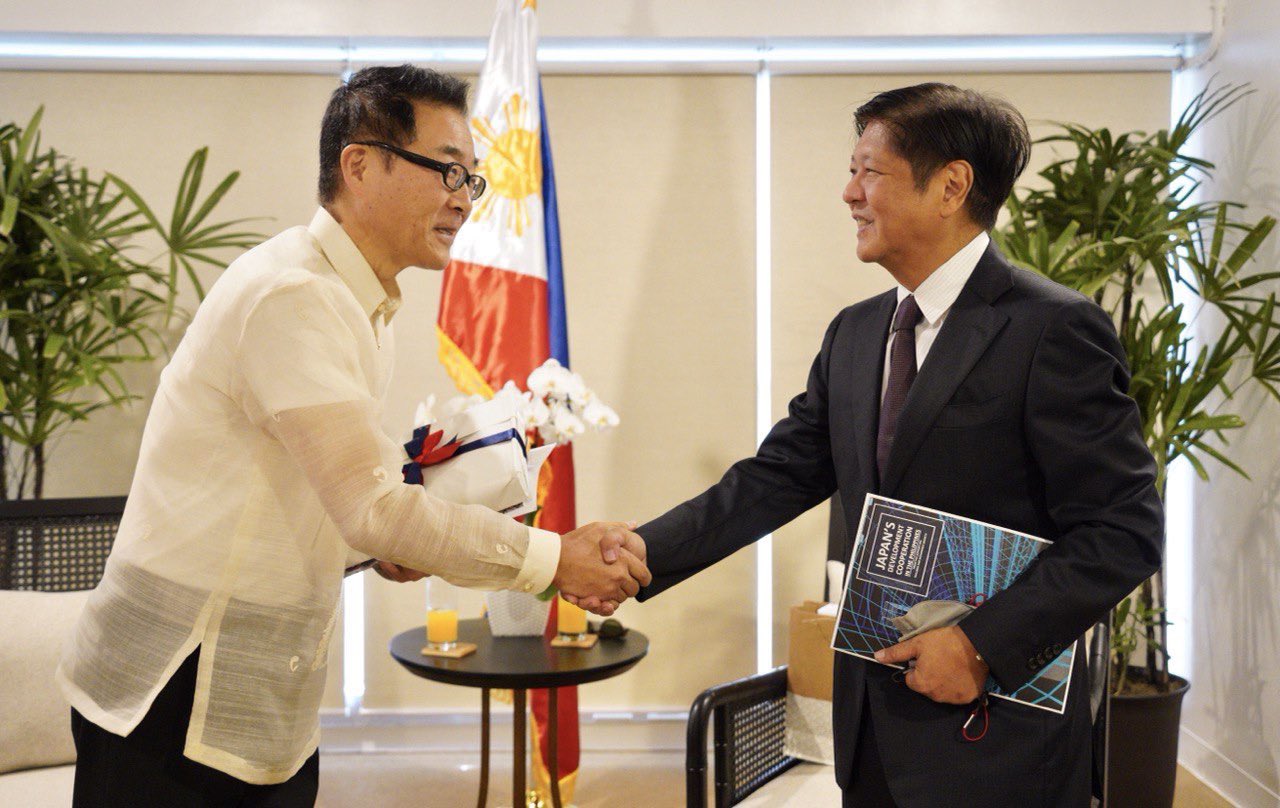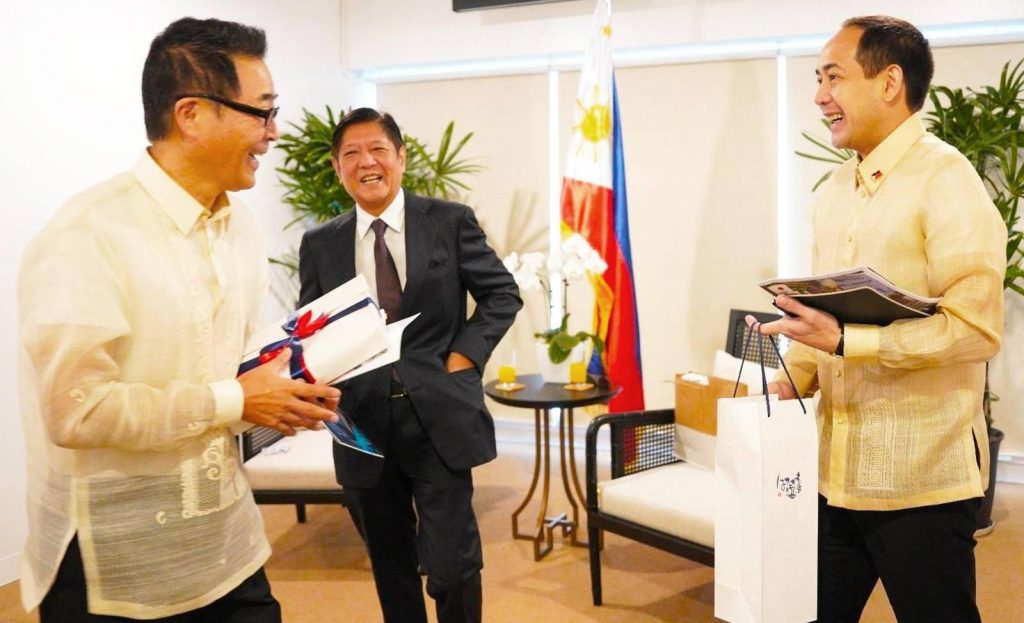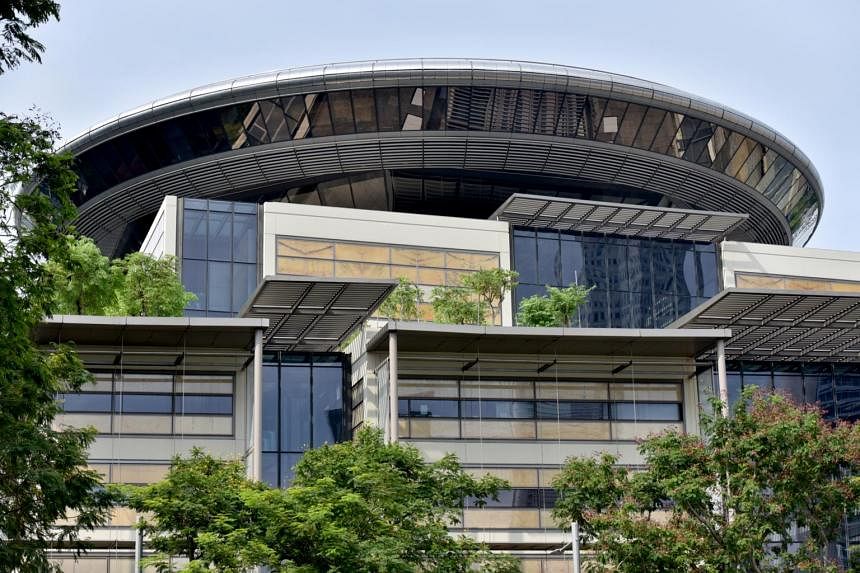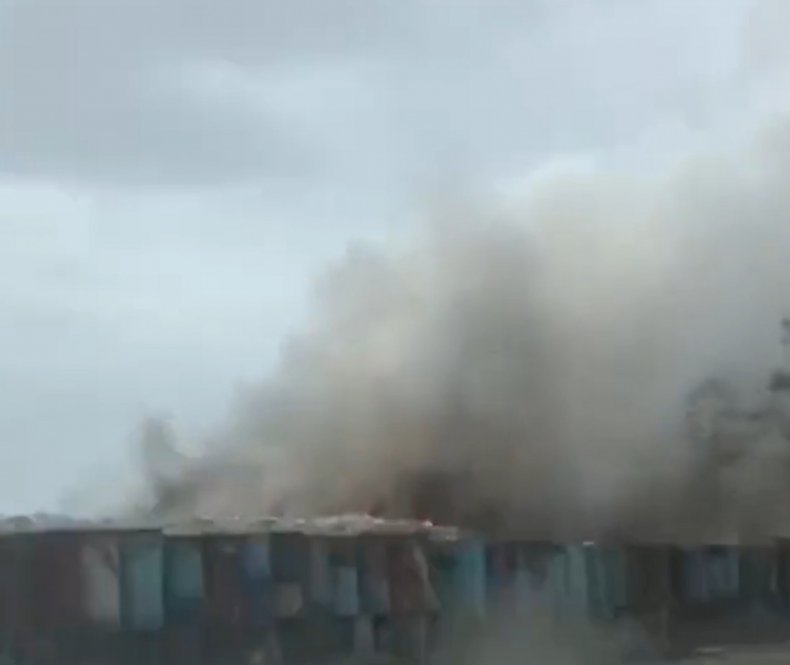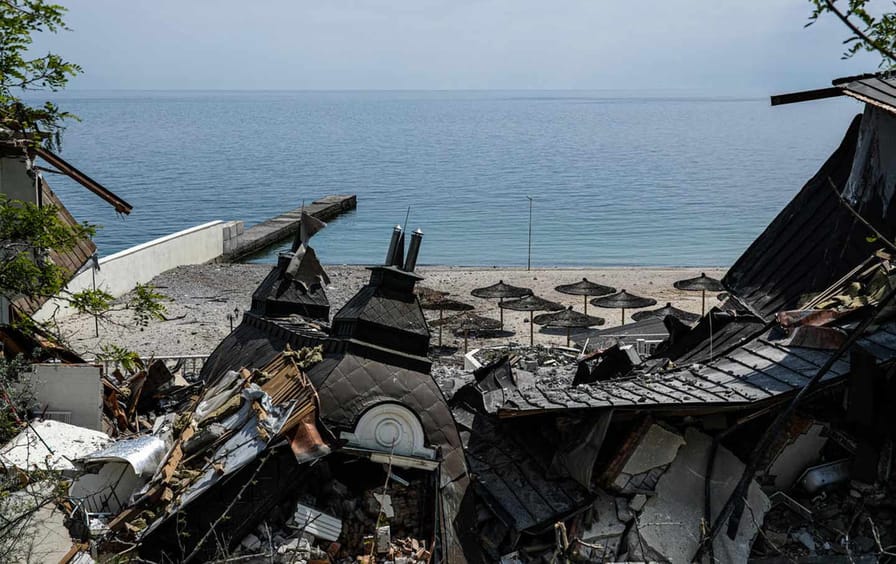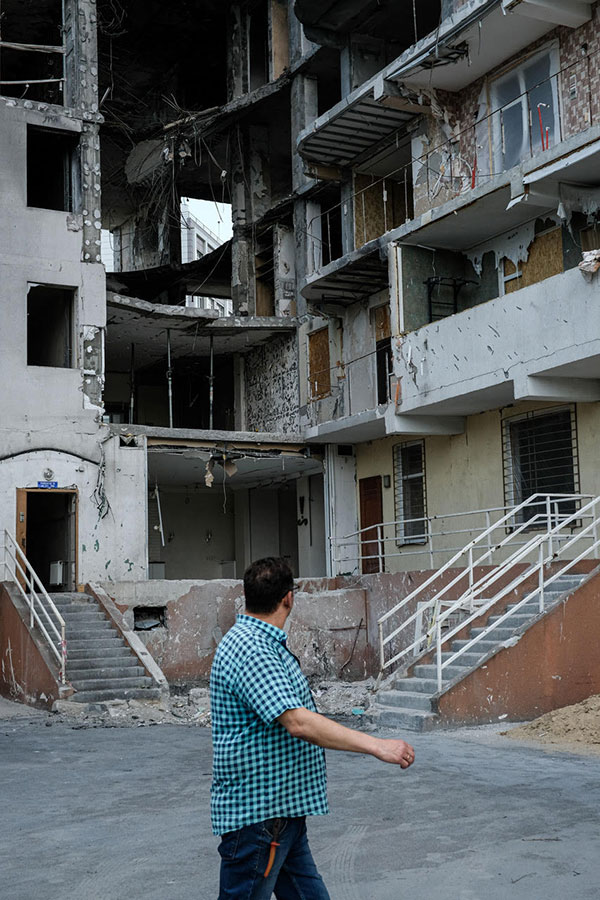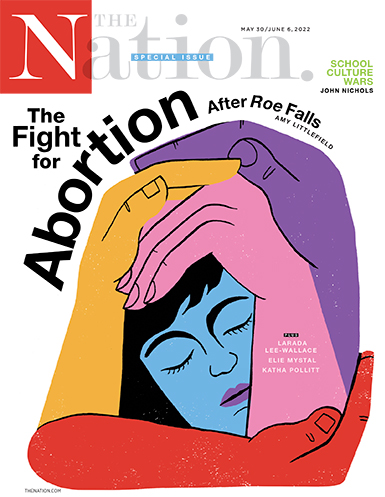BY GREGORY ELICH
MAY 24, 2022

National Assembly of Serbia. Photograph Source: Boris Dimitrov – CC BY-SA 3.0
Little more than half a year has passed since Belgrade hosted the Non-Aligned Summit on the occasion of the 60th anniversary of the movement’s founding, and Serbia is increasingly under fire for upholding the organization’s principles.
Russia’s ill-considered invasion of Ukraine has provided US imperialism with the opportunity of a lifetime, supercharging NATO and US military expansion and transforming the conflict into a proxy war. By sending arms to Ukraine and urging it on to total victory rather than a negotiated settlement, the hope in Washington is that the war can be prolonged. The expectation is that sanctions would then have enough time to bring about the collapse of Russia, which would advance the project of isolating the People’s Republic of China.
Washington is in no mood to countenance neutrality, and no effort is spared to persuade or bully other nations into imposing sanctions on Russia. While the US has met with limited success in Africa, Asia, and Latin America, Europe is a different matter, where only one nation maintains a neutral stance – Serbia.
Serbia voted in favor of the UN resolution deploring the Russian invasion of Ukraine and calling for the unconditional withdrawal of forces. It also supported the UN resolution on the humanitarian consequences of the war and is donating €3 million to aid Ukrainian refugees and internally displaced persons. [1]
Serbia planned, however, to abstain in the vote to suspend Russia from the UN Human Rights Council. Before the vote was scheduled, Western officials met with Serbian Foreign Minister Nikola Selaković, warning him that Serbia faced punishment unless it joined the West in expelling Russia. Russia’s Gazprom is a majority shareholder in the Petroleum Industry of Serbia. That relationship provided the EU with a decisive leverage point to get its way. Serbia is wholly dependent on Russia for its oil supply, and the earliest possible avenue for diversification is two years away if a planned pipeline from Bulgaria meets its target date. [2] It was pointed out that the EU would be meeting on the day of the UN vote to decide whether or not to allow Serbia to import Russian oil, which has to pass through EU territory. Selaković was told that unless Serbia voted against Russia, it risked a complete cutoff of its supply of crude oil. Furthermore, he was cautioned that Serbia’s path to joining the EU would be blocked, and Western investments would be withdrawn. The EU’s vote on Serbia’s oil supply was initially scheduled for 4:00 PM on the day of the UN vote but was delayed by two hours to see how Serbia voted before the EU would make its decision. Russia made calls to Serbia, too, although no threats were made. [3] After Serbia switched its vote to comply with the EU’s position, the EU granted it an exemption to import Russian oil. [4]
However, Serbia is drawing a firm line in its refusal to sanction Russia. Economic sanctions are a form of siege warfare in which collective punishment is visited upon an entire population. For Serbia to impose sanctions is to join someone else’s war, an action incompatible with its non-aligned status. Serbia knows well the harm done by sanctions, based on the economic ruin it experienced when it was the target of sanctions during the 1990s. It is easy for those in the West to dismiss or ignore the reality of sanctions. No one who has lived through sanctions can do the same. As one Serbian political analyst noted, “Sanctions are an instrument of war; they are often more devastating than bombs, and Serbia is not at war with Russia.” [5]
Coercive economic sanctions unilaterally imposed by states can be regarded as contravening international law in their impact on the human rights of targeted populations, including denial of food, medical care, employment, and even life itself. Sanctions are, of course, the first tool of choice for Western nations.
“People talk about choosing sides. No, we have our own side, Serbia’s side,” Serbian President Aleksandar Vučić asserts. “We were bombed by 19 NATO countries and sanctioned. We haven’t imposed sanctions against anyone…because we don’t believe sanctions change anything. You can pressure and force Serbia, but that is our genuine opinion.” [6]
Aleksandar Vučić had a more personal experience with Western respect for international law when he was targeted for assassination in 1999. One night after the United States dropped three laser-guided bombs onto the home of Yugoslav President Slobodan Milošević in a failed attempt to murder him and his wife, [7] it next tried to kill Vučić, who was information minister at the time. Vučić received a fax from CNN inviting him to a live broadcast interview. CNN asked him to arrive for makeup at Radio Television Serbia in Belgrade at 2:00 AM sharp for a program scheduled for half an hour later. At 2:06 AM, NATO missiles pulverized the building, killing 16 people. The first missile struck the makeup room, where NATO expected Vučić to be. Luckily for Vučić, he was running behind schedule and arrived after the attack. [8]
Washington was again disappointed in its hope to see Vučić removed from the scene when he trounced his conservative opponent in this year’s presidential election. That leaves US and EU officials with only their arsenal of bullying tactics. Every day, Western diplomats contact Serbian officials, relentlessly pushing their demands. According to an unnamed Serbian source, “Serbia is threatened with diplomatic channels by withdrawing all investments from Serbia, even sanctions in the banking sector, and some European countries go so far as to mention removing Serbia from the Schengen list,” [9] which allows citizens visa-free entry to EU nations.
Western officials dispense with diplomatic niceties when delivering their threats. “You cannot understand the scale of the rudeness of those who threaten this country,” Vučić observed, “and the bottom line is that they want to break Serbia’s freedom spirit and ability to make decisions on its own.” [10]
Last month, in talks characterized as “difficult,” a delegation of US senators visited Belgrade in a failed attempt to persuade Serbia to impose sanctions on Russia. The senators also complained about Serbia’s purchase of a Chinese FK-3 surface-to-air defense system.[11] If the US expected this high-powered delegation to bend Serbia to its will, it was sorely disappointed.
Talk is not the only means of bullying available to the West. Air Serbia is the only European airline company with active routes to Russia, a fact that has not gone unnoticed. Over two days in a row last month, NATO warplanes closely followed Air Serbia flights coming from Moscow, the second of which tracked the airliner inside Russian airspace. It was a clear attempt at intimidation, prompting Vučić to announce that his government would “request information from NATO to see who was trying to be the smart guy and with what fighter planes they were endangering civil aviation and civilians on a flight…” [12]
Most of Serbia’s trade is with European nations, so it aspires to join the EU. During the decade that it has been a candidate, Serbia has been asked to clear one hurdle after another as it chases a moving target. The main sticking point is the insistence by EU and US officials on Serbia agreeing to the independence of Kosovo, its province that was ripped away through NATO violence. No politician in Serbia could be elected as president who would agree to the violation of the nation’s territorial integrity, and that creates an insurmountable impasse on advancing to EU membership. “As sweetly as you are now talking about the territorial integrity of [Bosnia-Herzegovina] and Ukraine,” Vučić recently responded to an unsympathetic German reporter, “why didn’t you say so in 1999 about Serbia? When it comes to territorial integrity, I would ask you to step into our shoes. In 1999, no one was interested in Serbia’s territorial integrity.”[13]
Despite the challenges in attaining EU membership, Vučić argues that economic factors necessitate that “our strategic path is the path to Europe,” and Serbia has no alternative. [14] How that goal can be achieved in the face of Western intransigence is another question. For many in Serbia, weary of Western threats and overweening demands, the concept of joining the EU is beginning to curdle. Unrelenting demands, pressure, and blackmail have taken a toll, and for the first time, a poll of Serbian citizens showed a majority are opposed to membership. [15]
Certainly, Interior Minister Aleksandar Vulin, founder of the Movement of Socialists, a coalition partner with Vučić’s Serbian Progressive Party, has started to sour on EU membership. Vulin regards the demand for sanctions as a clear signal “that the EU does not want Serbia” and adds, “They measure our love for Europe with hatred of Russia…I don’t want to hate anyone.” [16] Vulin believes that for Western leaders, “it is more important for Russia to be defeated than to achieve peace in Ukraine.” Serbia, he says, does not want to play that game. “The countries that bombed us, I would not say that they have the moral right to ask us to join their own policy.” [17]
It is also apparent that the benefits of EU membership do not apply equally to all, as Zoran Milanović, president of neighboring Croatia, pointed out recently regarding his nation’s place in the union. “We give a lot. We win a little bit. Some things cross all borders, how they treat us and small nations.” [18]
Serbia’s strong economic relationships with China and Russia have long rankled Western leaders, who have never ceased trying to disrupt them. However, it is not in Serbia’s interests to bend to US and EU dictates. Russian and especially Chinese firms have played an instrumental role in Serbia’s ambitious infrastructure improvement project. Furthermore, China and Russia offer the most robust support Serbia can rely on in the United Nations to counter US attempts to formalize its violent theft of the province of Kosovo.
Western officials are unrelenting in demanding that Serbia consent to Kosovo’s independence. Last year, US President Joe Biden sent an insulting “congratulatory” message to Vučić on Serbia’s Statehood Day holiday. Biden encouraged Vučić to “take the hard steps” toward EU membership, including “instituting necessary reforms” and “mutual recognition” with Kosovo. [19] Earlier this month, with the support of Western officials, the province of Kosovo applied for membership in the Council of Europe. [20] It also announced its goal of joining NATO. [21]Serbian intelligence services also learned that “two large countries” – it is not hard to guess which – are actively providing “serious logistical support” to Kosovo to compel more countries to recognize its independence. [22]
Responding to these provocative developments, Vučić remarked, “It is clear that key western countries are running this game,” and that Serbia would oppose them peacefully and diplomatically but with “no surrender.” The problem, he added, “is that everyone thinks they have the right to create Serbia’s policies” and that “they have the right to order how Serbia will behave.” [23]
Recently, G7 foreign ministers quickly followed up on the pressure campaign by issuing a statement calling upon Serbia to impose sanctions on Russia and “normalize” relations with Kosovo. [24] “G7 leaders hammered on the immutability of Ukrainian borders and urged Belgrade to join them unconditionally,” Vučić observed, “even though those same countries in Serbia rudely violated the principle of border immutability two decades ago and robbed us of part of our territory.” [25]
Serbia’s stance has been consistent. “Our only principled position,” announced Serbian Prime Minister Ana Brnabić, “is that we are against sanctions on Russia, as well as that we respect the territorial integrity of Ukraine and consider it wrong to violate that integrity.” [26]
Washington is not so consistent, treating international law as a menu, where an item may be chosen or ignored according to taste. Ukrainian territory is regarded as sacrosanct, whereas the US backed the breakup of the Socialist Federal Republic of Yugoslavia and currently campaigns for Serbian and international recognition for its theft of the province of Kosovo. Similarly, it is ramping up efforts to promote Taiwan’s separation from China and encourage separatist tendencies on the mainland. The hypocrisy can be hard to stomach. “My guts turn when I hear of principles and respect for territorial integrity,” Vučić complained. “They ask us to respect someone’s integrity, and what about ours?” [27] Concerning the unceasing pressure on Serbia to recognize Kosovo, Vučić commented, “As they say, Ukraine will not give up its integrity at any cost, and then you demand that from Serbia. For Serbia to give up its integrity, it can only happen with a gun to the forehead.” [28]
It is now Washington’s moment. The United States believes it can capitalize on the conflict in Ukraine to more thoroughly impose its will on other nations and compel obedience in furtherance of geopolitical domination. Serbia, situated in Europe, is in a particularly vulnerable position. The population of Serbia is nearly united in opposing sanctions on Russia, with the percentage in support measuring in a single digit. An even lower number favors EU membership at the cost of recognizing Kosovo.[29] Yet, the EU sets those as the two primary conditions Serbia must meet for it to be welcomed into the union. Western punishment for Serbia’s independence is already taking a toll, according to Vučić: “The price we pay is huge; we essentially have no access to the capital market.” [30]
In the weeks and months ahead, Serbia can expect to be confronted by escalating threats and blackmail. Vučić vows that although his government will “try to preserve peace and the future of Serbia,” it will not be easy. “I have never seen or dreamed of experiencing this in my life,” he said. “I have never seen such pressure. We face hysteria, and no one wants to hear, let alone listen. Unprecedented hysteria; diplomacy no longer exists.” [31] Western arrogance is not going to dissipate. It is in the DNA of imperialism. As a small nation, can Serbia maintain its sovereignty and independence and hold out against the combined might of the West? And what punishment will it have to take?
Notes.
[1] “Brnabic: Serbia to Donate 3 Mln Euros to Ukraine,” Tanjug, May 5, 2022.
[2] “Србија Даје Помоћ Од Три Милиона Евра: За помоћ деци и расељенима унутар и ван Украјине,” Večernje Novosti, May 5, 2022.
[3] “Вучић о гласању у УН: Првобитна одлука била је да будемо уздржани,” Politika, April 7, 2022.
Milenković, D., “Четири Претње Пре Гласања: Како су западне дипломате притискале нашу земљу да би је натерале да подржи резолуцију против Русије, Večernje Novosti, April 9, 2022.
[4] Србија ће бити изузета из ЕУ санкција на нафту и гас, Politika, April 8, 2022.
[5] Katić, Nebojša, “Србија и политика санкција,” Politika, April 23, 2022.
[6] Dunai, Martin, “Serbia’s President Aleksandar Vucic Rejects Sanctions on Russia,” Financial Times, April 21, 2022.
[7] “Serbs See Pre-dawn Strike on Milosevic Villa as an Attack on Yugoslav History,” Irish Times, April 23, 1999.
[8] Robert Fisk, “Taken in by the NATO Line,” The Independent (London), July 7, 1999.
[9] “Can Serbia Survive the War in Ukraine? What the West is Threatening Us With?” B92, March 2, 2022.
[10] Александар Вучић за РТС: Незамисливе размере безобразлука оних који прете Србији, биће много тешко, Radio Television Serbia, April 7, 2022.
[11] “US Urges Serbia to Join Sanctions Against its Ally Russia,” Associated Press, April 19, 2022.
“Вучић: Србиjа плаћа велику цену због неувођења санкциjа Русиjи,” Tanjug, April 21, 2022.
[12] “НАТО ловац пратио лет ‘Ер Србије’ у руском ваздушном простору,” Politika, April 7, 2022.
“NATO Warplanes Follow Air Serbia Jet Flying from Russia,” Tanjug, April 8, 2022.
[13] “Покажите Мало Поштовања Према Земљи у Којој Је Убијено 82 Деце!Овако је Вучић одговорио на провокативно питање новинара Дојче велеа!,” Večernje Novosti, May 5, 2022.
[14] “Вучић Поручио Грађанима: ‘Огромни су притисци на нашу земљу, наставићемо да се боримо’,” Večernje Novosti, May 6, 2022.
[15] Katy Dartford and AP, “For First Time, a Majority of Serbs Are Against Joining the EU – Poll,” Euronews, April 22, 2022.
[16] http://www.mup.gov.rs/wps/portal/sr/aktuelno/aktivnosti/03c82eeb-80b9-4650-8ad4-18d2383d72dd
[17] Sideris, Spiros, “Minister: Those Who Bombed Serbia Cannot Ask it to Join Russia Sanctions,” Euractiv, May 6, 2022.
[18] Jurica Kerbler, “Милановић у Вуковару: Нисам ултранационалиста, желим мир између Срба и Хрвата,” Večernje Novosti, May 6, 2022.
[19] https://www.predsednik.rs/en/press-center/press-releases/congratulations-of-the-president-of-the-united-states-of-america-on-the-serbian-statehood-day
[20] Cvetkovic, Sandra and Baliu, Doruntina, “Kosovo Applies for Council of Europe in Move Sure to Anger Serbia,” Radio Free Europe, May 12, 2022.
[21] “Kosovo PM Albin Kurti Expresses Willingness to Join NATO and European Union,” First Channel News, May 18, 2022.
[22] “Четири државе повукле признање КиМ, две велике земље помажу Приштини,” Politika, May 13, 2022.
[23] “Нема повлачења пред уценама и ултиматумима,” Politika, May 13, 2022.
[24] https://www.auswaertiges-amt.de/en/newsroom/news/-/2531266
[25] D. Milinković, “Три Срамне Уцене Г7 Пред Србијом: Отели нам Косово, а траже да поштујемо украјинске границе,” Večernje Novosti, May 16, 2022.
[26] Brnabic: The Main Task is to Preserve Peace and Stability in the Region,” Telegraf, April 20, 2022.
[27] https://vucic.rs/Vesti/Najnovije/a49913-Vucic-Svi-zajedno-moramo-da-radimo-na-istoj-politici-vucic.rs.html
[28] “Vučić for RV Prva: ‘I Won’t Give Territorial Integrity of Serbia at Any Cost, Period,” B92, May 15, 2022.
[29] “Више од 80 одсто грађана Србије против санкција Русији и уласка у НАТО,” Politika, May 20, 2022.
[30] “Vučić for RV Prva: ‘I Won’t Give Territorial Integrity of Serbia at Any Cost, Period,” B92, May 15, 2022.
[31] “Вучић Са Патријархом: Притисци ће бити све већи, ја ово никада нисам видео – наше је да сачувамо мир,” Večernje Novosti, May 18, 2022.
“Vučić with the Patriarch: ‘Unprecedented Hysteria, Diplomacy No Longer Exists,” B92, May 18, 2022.
Gregory Elich is a Korea Policy Institute associate and on the Board of Directors of the Jasenovac Research Institute. He is a member of the Solidarity Committee for Democracy and Peace in Korea, a columnist for Voice of the People, and one of the co-authors of Killing Democracy: CIA and Pentagon Operations in the Post-Soviet Period, published in the Russian language. He is also a member of the Task Force to Stop THAAD in Korea and Militarism in Asia and the Pacific. His website is https://gregoryelich.org Follow him on Twitter at @GregoryElich.
